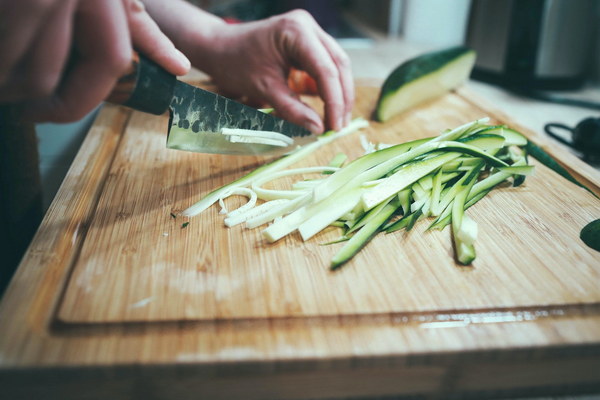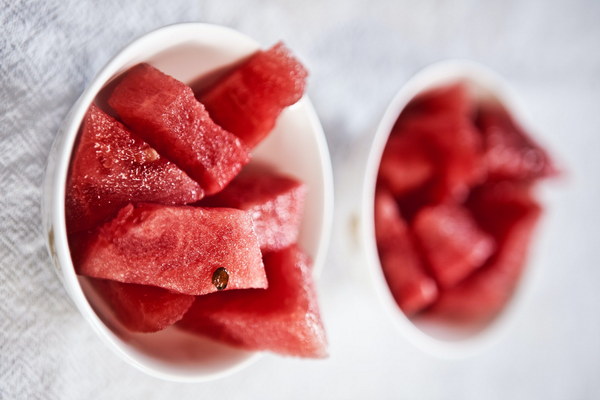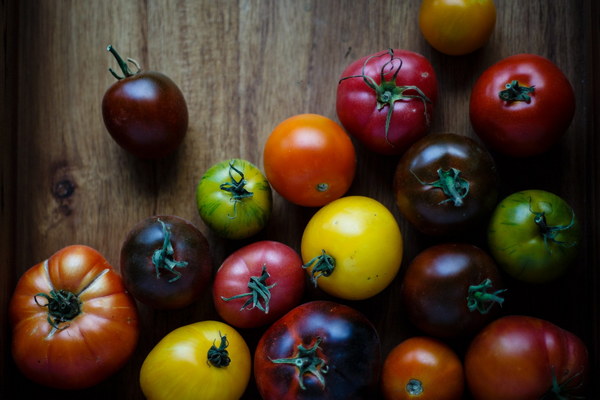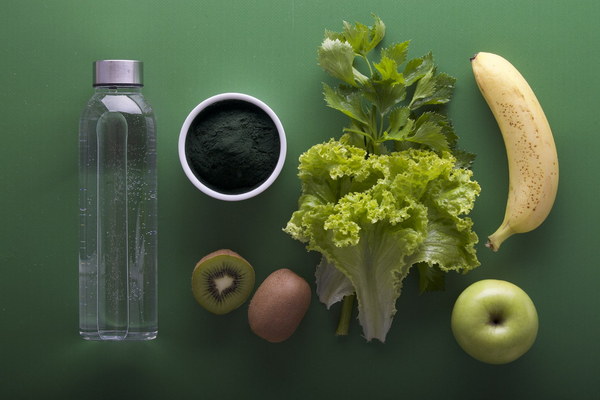Revolutionizing Health The Art and Science of Chinese Medicinal Cuisine
In the realm of holistic wellness, Chinese medicinal cuisine stands as a beacon of ancient wisdom and modern health benefits. Rooted in traditional Chinese medicine (TCM), this culinary art form combines the principles of balancing yin and yang with the nutritional value of various herbs and foods. This article delves into the art and science of Chinese medicinal cuisine, exploring its origins, key ingredients, and the numerous health benefits it offers.
The Origins of Chinese Medicinal Cuisine
Chinese medicinal cuisine dates back over 2,500 years, with its roots deeply intertwined with the principles of TCM. The earliest records of medicinal food can be traced back to the Yellow Emperor's Classic of Internal Medicine, a foundational text in TCM. According to this classic, the goal of medicinal cuisine is to nourish the body, harmonize the mind, and prevent illness.
Key Ingredients and Their Health Benefits
Chinese medicinal cuisine employs a wide array of ingredients, each with its own unique properties and health benefits. Here are some of the most commonly used ingredients:
1. Ginseng: Known for its adaptogenic properties, ginseng helps to boost the immune system, reduce stress, and enhance cognitive function.
2. Goji Berries: These antioxidant-rich berries are believed to improve vision, boost energy, and support overall longevity.
3. Schisandra Berries: Schisandra berries have been used in TCM for centuries to enhance vitality, improve mental clarity, and support liver health.
4. Cinnamon: Cinnamon has anti-inflammatory properties and can help regulate blood sugar levels, making it beneficial for diabetics.
5. Green Tea: Green tea is rich in antioxidants and has been shown to reduce the risk of heart disease, cancer, and other chronic illnesses.
The Art of Preparation
The preparation of Chinese medicinal cuisine involves careful consideration of ingredient combinations, cooking techniques, and timing. Here are some key aspects of its preparation:
1. Ingredient Selection: The selection of ingredients is crucial, as it determines the therapeutic properties of the dish. Herbs and foods are chosen based on their compatibility with the patient's constitution and the specific health condition being addressed.
2. Cooking Techniques: Chinese medicinal cuisine utilizes various cooking methods, such as steaming, boiling, simmering, and stir-frying, to preserve the nutrients and therapeutic properties of the ingredients.
3. Timing: The timing of ingredient addition is crucial, as it ensures that the therapeutic properties of the herbs and foods are optimally preserved.
Health Benefits of Chinese Medicinal Cuisine
Chinese medicinal cuisine offers a multitude of health benefits, including:
1. Boosting Immunity: By incorporating immune-boosting ingredients like ginseng and goji berries, medicinal cuisine can help strengthen the immune system and protect against illness.
2. Enhancing Digestion: Ingredients like ginger and cinnamon can help improve digestion, alleviate bloating, and reduce the risk of gastrointestinal disorders.

3. Supporting Mental Health: Medicinal cuisine can help improve mental clarity, reduce stress, and enhance mood through the use of ingredients like schisandra berries and green tea.
4. Promoting Longevity: The combination of antioxidant-rich ingredients and the overall balance of yin and yang in medicinal cuisine may contribute to longevity and overall well-being.
In conclusion, Chinese medicinal cuisine is a testament to the fusion of culinary art and traditional medicine. By incorporating the principles of TCM and utilizing a variety of health-promoting ingredients, this culinary tradition offers a unique and effective approach to holistic wellness. Whether you're seeking to boost your immune system, improve digestion, or simply enhance your overall well-being, Chinese medicinal cuisine is a valuable resource to explore.









